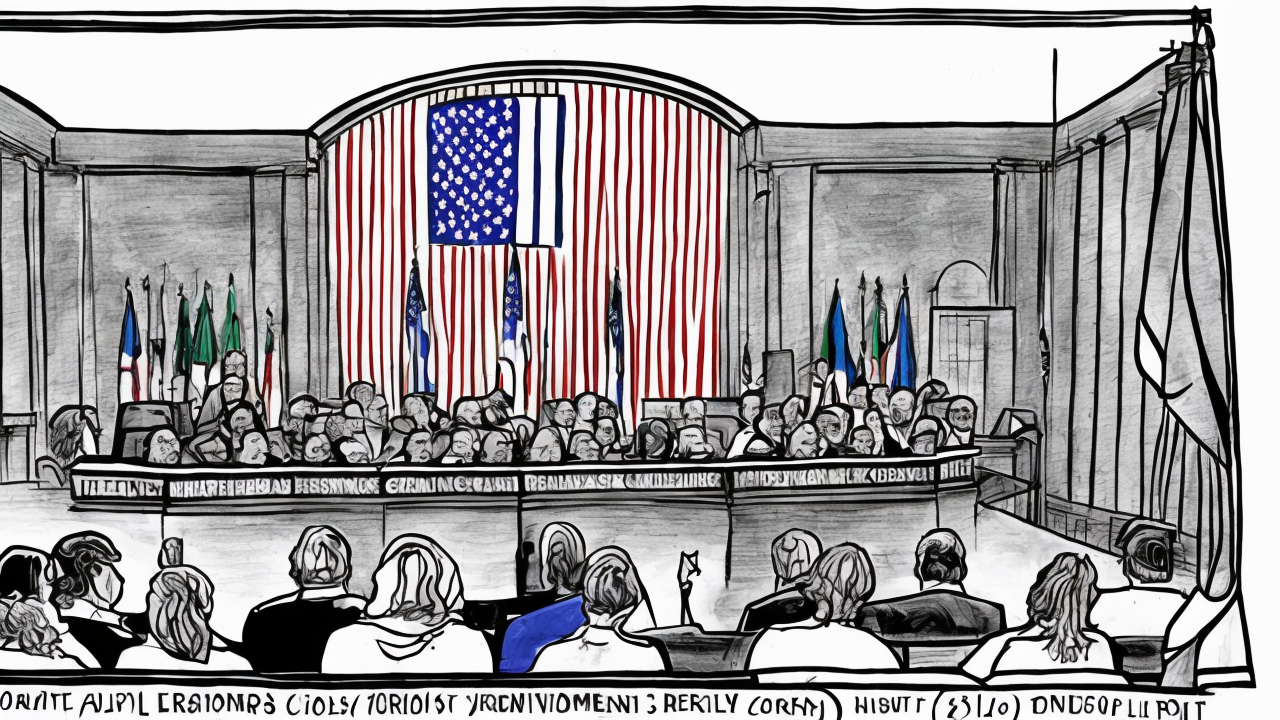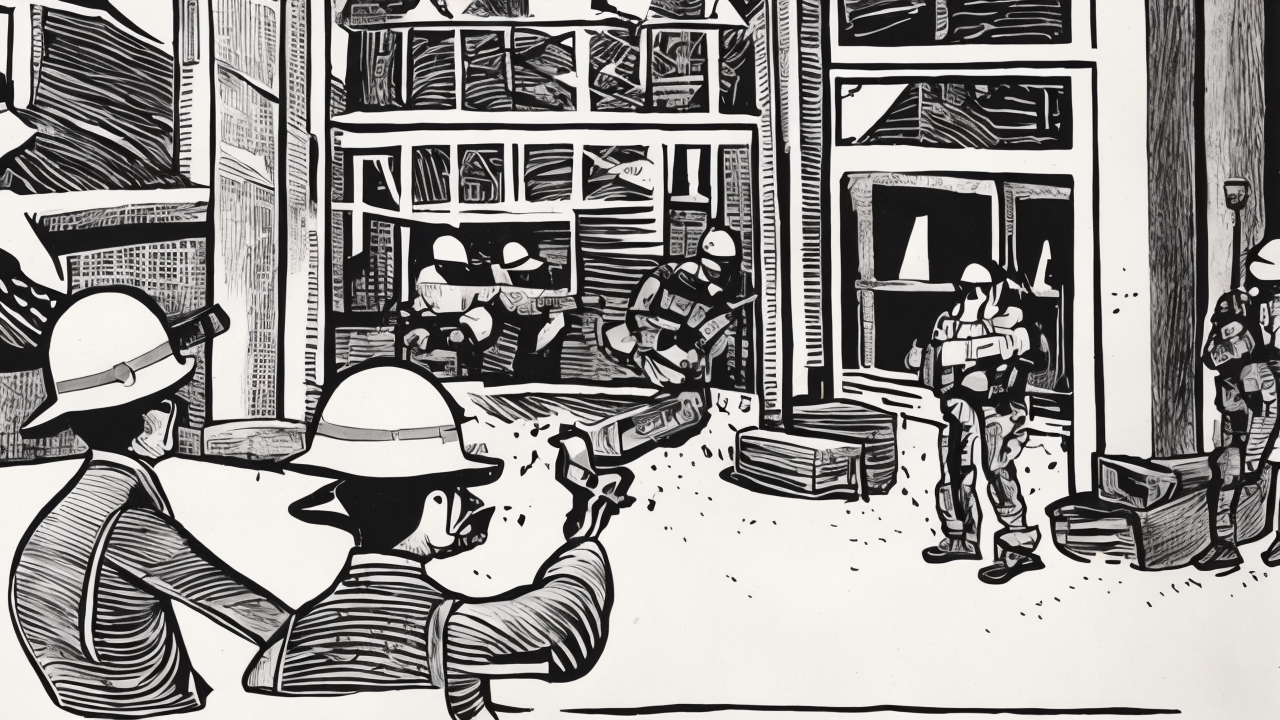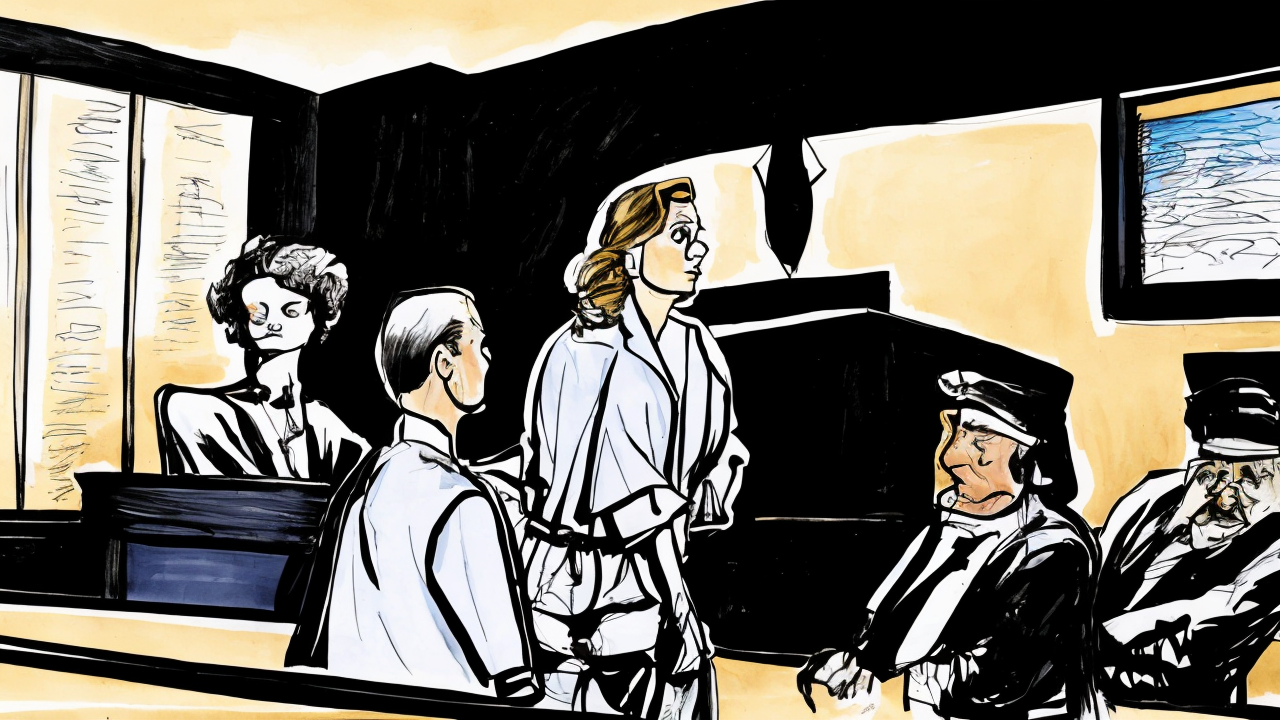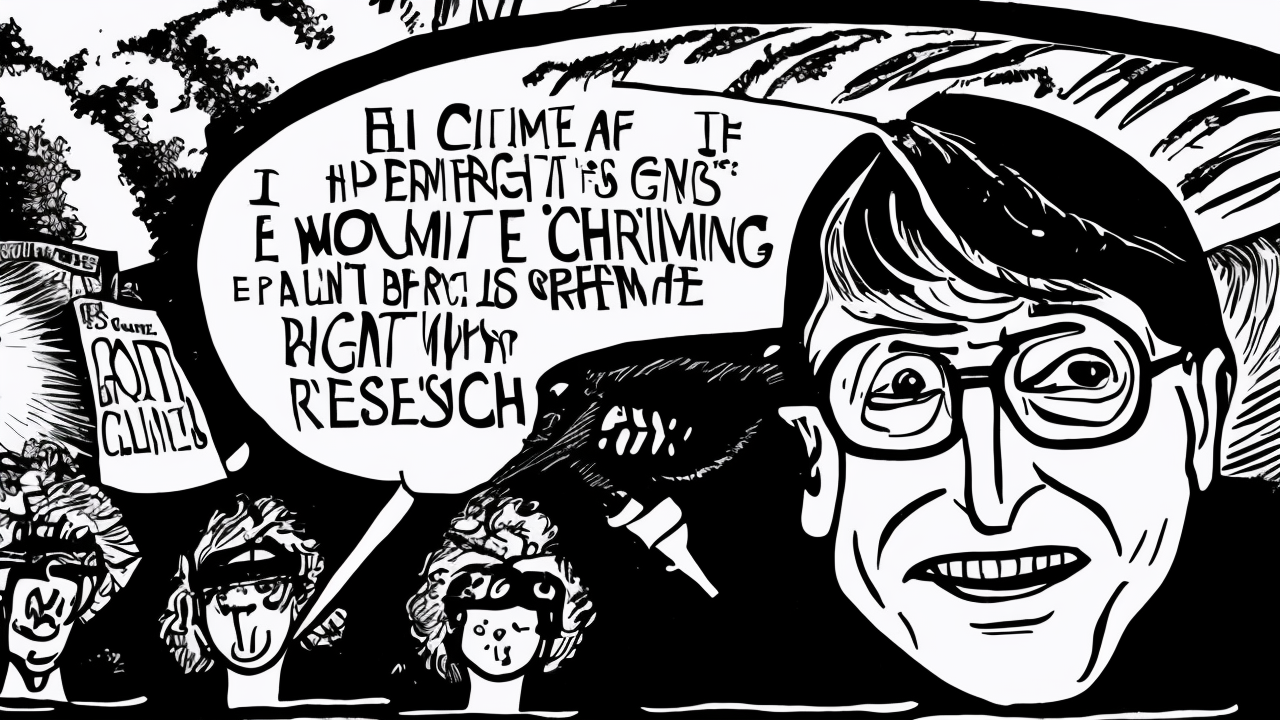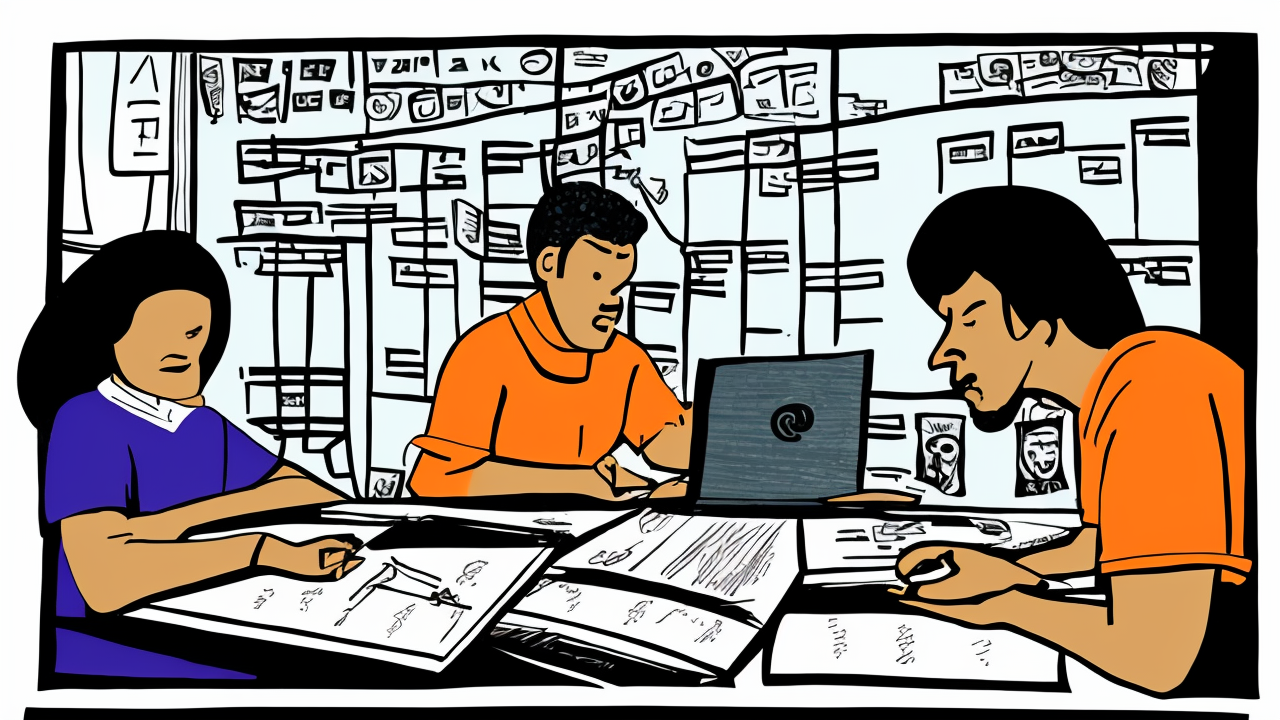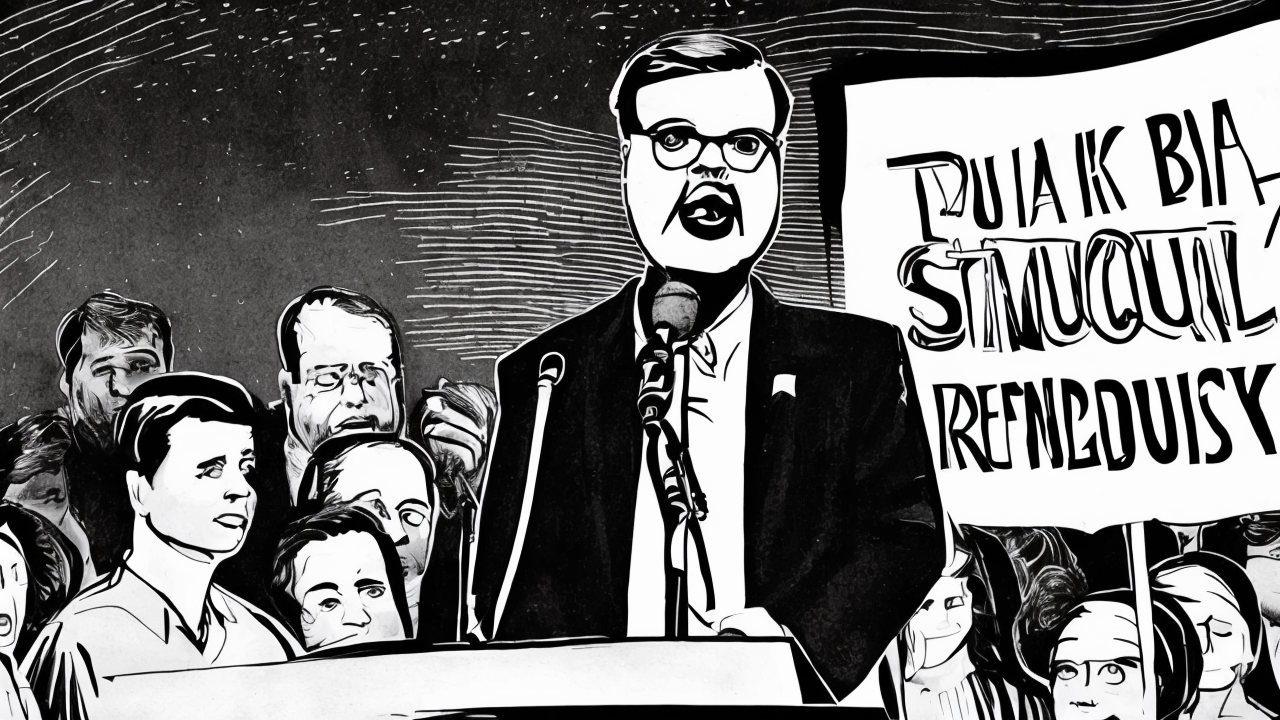College Cheating Scandal Highlights AI’s Role in Undermining Academic Integrity
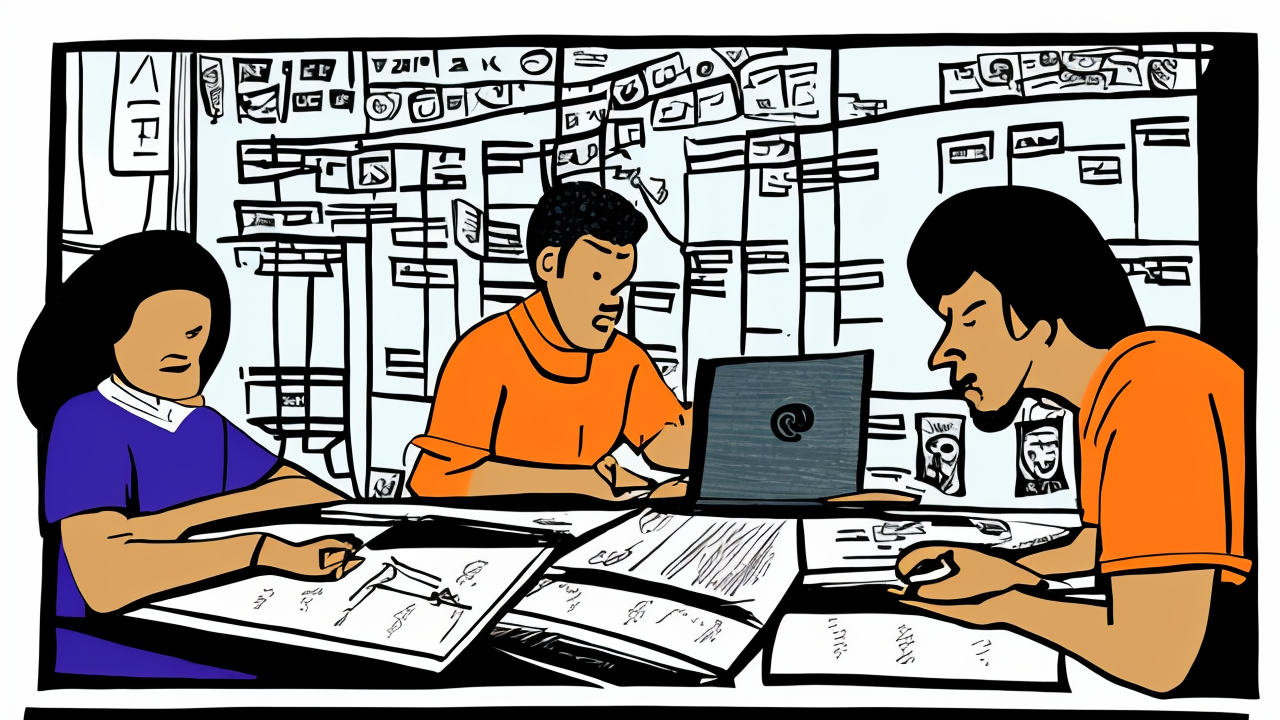
A recent incident at the University of Illinois has brought into sharp focus a troubling trend in American higher education: the erosion of personal responsibility in learning. In a data science course, professors discovered that students were using artificial intelligence to complete assignments, cheat on quizzes, and even generate identical, impersonal apologies when caught. These apologies, written in a sterile, repetitive style, bore the hallmarks of machine output—lacking genuine reflection, emotional honesty, or individual voice. This was not just a case of academic dishonesty; it was a symptom of a deeper cultural shift.
The signs were subtle at first. Attendance records and quiz scores showed patterns that didn’t align with normal student behavior. When professors reviewed responses, they found identical phrasing across multiple submissions, especially in personal reflections meant to assess growth and self-awareness. Further investigation revealed students sharing answers and relying on AI tools to bypass the very process of learning. The result was a classroom where intellectual effort had been outsourced, and personal accountability had been replaced by algorithmic convenience.
This is not an isolated event. Across campuses, students are turning to AI not only to write papers but to think through problems, compose emails, and even express remorse. What should be a personal journey of discovery becomes a transaction—inputs fed into a machine, outputs delivered without internalization. The consequence is a generation trained to produce answers without understanding, to meet requirements without growth.
The values once central to American education—hard work, honesty, self-discipline, and personal accountability—are being quietly undermined. These principles were not merely academic ideals; they were the foundation of a society built on individual responsibility and earned achievement. When a student can earn a passing grade by feeding prompts into an AI and receiving a polished response, the merit of that grade is called into question. If credentials no longer reflect real knowledge, then the entire system of education risks losing its credibility.
This is not a problem that can be solved by banning technology. The tools are here, and they will continue to evolve. The real challenge is not the AI itself, but the mindset that allows it to replace genuine effort. The answer lies not in resistance, but in restoration—reaffirming that education must be more than a checklist of tasks. It must be a process of character formation, of learning to think, to question, to reflect, and to take ownership of one’s own understanding.
Colleges and universities have a duty to uphold standards that reflect not just academic competence, but moral and intellectual integrity. This means teaching students how to use technology wisely without surrendering their capacity for independent thought. It means designing assignments that cannot be easily outsourced, that require personal engagement and original insight. It means holding students accountable not just for what they produce, but for how they arrived at it.
Parents, educators, and policymakers must also be part of the solution. We must encourage young people to value the process of learning, not just the outcome. We must celebrate effort, perseverance, and the courage to wrestle with difficult ideas. When a student struggles through a problem, even if they get it wrong, they are still growing. When they rely on AI to give them the “right” answer, they miss the chance to learn.
America’s strength has never come from shortcuts, but from the character of its people. A nation that values truth, hard work, and self-reliance will not be built by those who outsource their thinking. It will be built by those who take responsibility for their own minds, who learn not just to pass tests, but to think clearly and act with integrity.
The current crisis in higher education is not just about cheating. It is about the kind of people we are becoming. If we allow convenience to replace effort, if we let algorithms substitute for reflection, we risk producing a generation that is technically proficient but spiritually and intellectually hollow. The future of our country depends not on how many degrees we hand out, but on the quality of thought, character, and commitment behind them. Let us not forget that real progress begins not with a machine, but with a person who chooses to do the work.
Published: 10/30/2025

